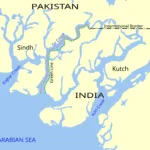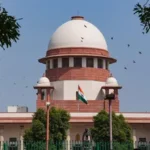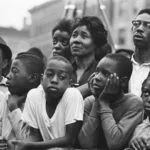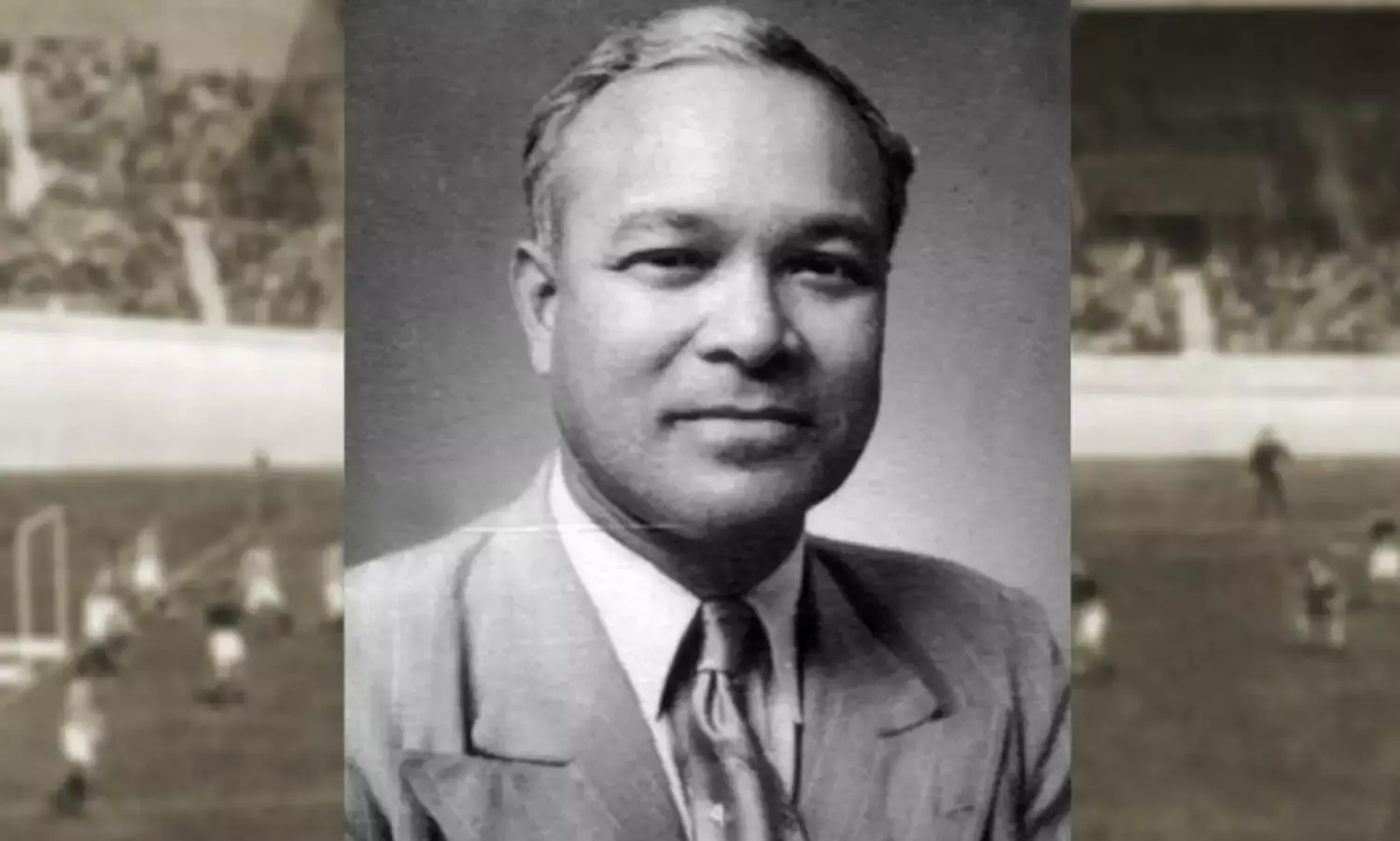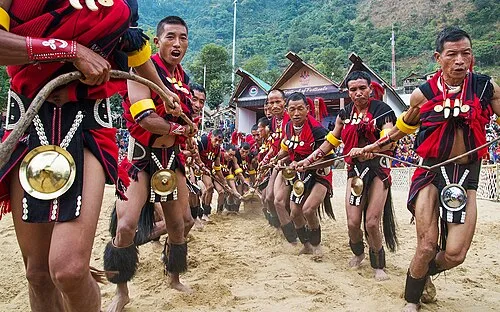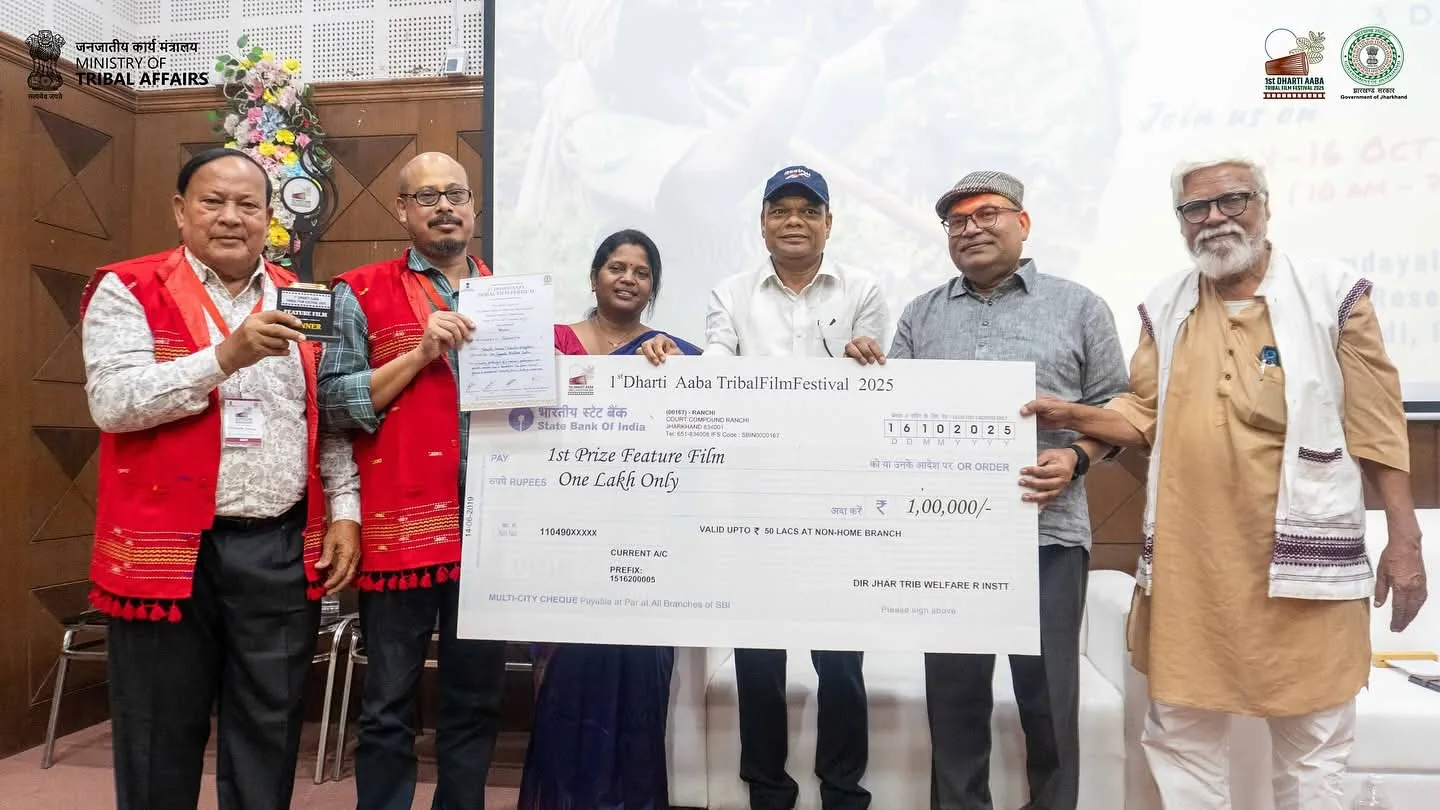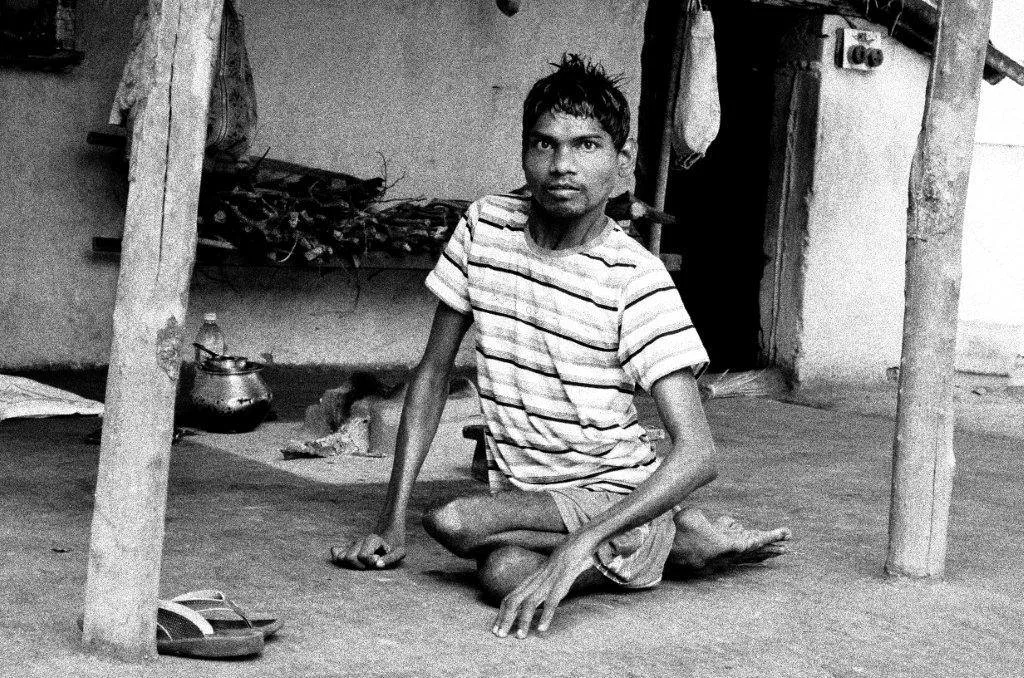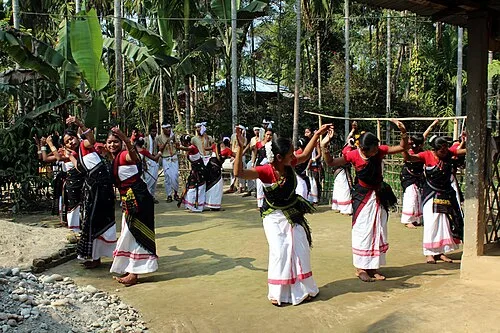Jaipal Singh Munda, an iconic figure in Indian history, was a man of many talents. Born on January 3, 1903, in Takra Pahantoli village in the Khunti district of present-day Jharkhand, he excelled as a sportsman, administrator, politician, and advocate for tribal rights. Fondly remembered as “Marang Gomke” (Great Leader) by the Adivasi communities, his life was a testament to resilience, leadership, and a deep commitment to the welfare of India’s tribal population.
Early Life and Education
Jaipal Singh Munda hailed from the Munda tribe and grew up in a Christian family. His early education took place at St. Paul’s School, Ranchi, a missionary-run institution. His brilliance in academics and leadership potential earned him a scholarship to study in England. He attended St. John’s College, Oxford, where he pursued Honours in Economics. His time in England not only shaped his intellectual outlook but also marked the beginning of his journey as a field hockey player.
The Sportsman Extraordinaire
Jaipal Singh Munda’s sporting legacy is immortalized in India’s first Olympic gold in field hockey at the 1928 Amsterdam Olympics. He captained the Indian hockey team during the league stage, leading them to an unbeaten record. However, due to a conflict with the English team manager, he left the team before the knockout stage. Despite his absence in the final match, India’s resounding victory secured a place in history.
Even after returning to India, Jaipal Singh remained active in sports administration. He established the hockey team for Mohun Bagan Club and served as Secretary of the Bengal Hockey Association, contributing significantly to the growth of Indian hockey.
Professional Career
After his stint in England, Jaipal Singh began a professional career that spanned diverse roles. In 1934, he worked as a teacher at Prince of Wales College in Achimota, Gold Coast (now Ghana). He later returned to India to serve as the Principal of Rajkumar College in Raipur.
He also took up an administrative role as the Foreign Secretary in the princely state of Bikaner in 1938. These roles honed his understanding of governance and furthered his engagement with the socio-political issues of his time.
Political Career and Advocacy for Tribal Rights
In 1939, Jaipal Singh took up the leadership of the Adivasi Mahasabha, an organization advocating for tribal welfare. Under his leadership, the Mahasabha transformed into the Jharkhand Party, championing the cause of a separate state for the tribal population in central India.
In the first general elections of independent India in 1952, Jaipal Singh’s Jharkhand Party won 32 seats in the Bihar Legislative Assembly, becoming the main opposition party. He tirelessly advocated for the creation of a separate state of Jharkhand, presenting the demand to the States Reorganization Commission in 1955.
Although the demand was rejected due to concerns over linguistic diversity and economic viability, Singh continued his political journey. In 1963, the Jharkhand Party merged with the Indian National Congress. Jaipal Singh was elected to the Lok Sabha from Khunti, serving as a Member of Parliament until his death in 1970.
Contribution to the Indian Constitution
As a member of the Constituent Assembly of India, Jaipal Singh Munda was a powerful voice for tribal rights. His speeches highlighted the historical injustices faced by tribal communities and emphasized the need for constitutional safeguards. His efforts were instrumental in ensuring the inclusion of provisions for the protection and development of Scheduled Tribes in the Indian Constitution.
Personal Life
Jaipal Singh married an Englishwoman during his time in England and had four children—a daughter and three sons. Despite his significant public engagements, he maintained a deep connection to his family and his tribal roots.
He passed away on March 20, 1970, in New Delhi, leaving behind a legacy of advocacy, leadership, and inspiration for future generations.
Legacy and Recognition
Jaipal Singh Munda’s contributions have been recognized in various ways:
The Jaipal Singh Munda Stadium in Ranchi stands as a tribute to his sporting achievements.
The Jharkhand government launched the Marang Gomke Jaipal Singh Munda Overseas Scholarship, enabling tribal students to pursue higher education in the UK.
His autobiography, Lo Bir Sendra, provides insights into his life and vision for the tribal communities.
Jaipal Singh Munda remains an enduring symbol of the fight for tribal rights and self-respect. His vision for a better, inclusive India continues to inspire social and political movements across the country.
Jaipal Singh Munda’s life journey is a remarkable tale of determination and service. From leading India to its first Olympic gold in hockey to championing the cause of tribal rights in independent India, his legacy transcends boundaries. He was not just a leader for the Adivasis but a national hero whose ideals resonate with the principles of justice and equality.



